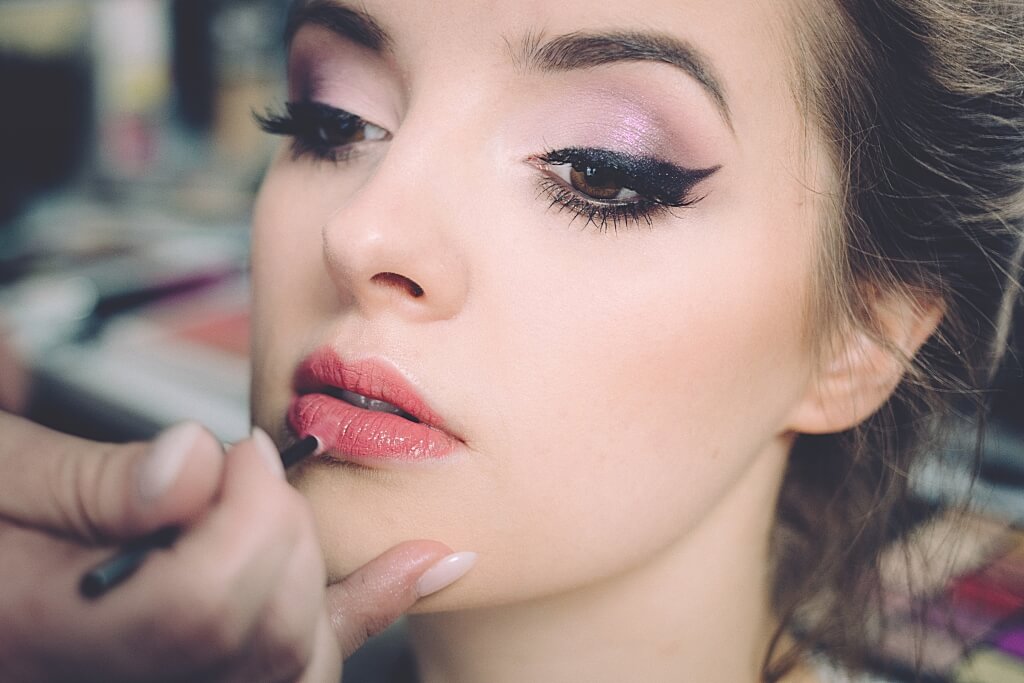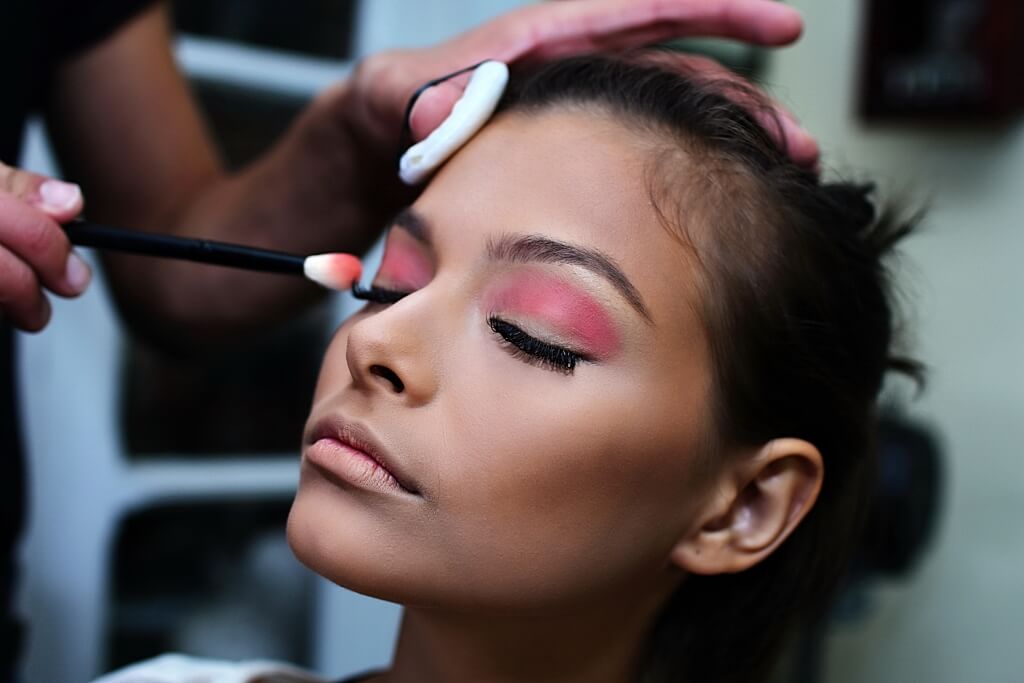Learn The Difference Between a Personal and a Commercial Makeup Artist
31/08/2023 2023-08-31 17:28Learn The Difference Between a Personal and a Commercial Makeup Artist
Have you ever read a fashion magazine and felt inspired by the look of the featured model? Perhaps, you are the go-to person among your friends when it comes to makeup advice. If either of those two things has happened or if you are just generally interested in this area, chances are you could be a professional makeup artist in your own right. Now, in this situation, it’s common to wonder about the difference between a personal and a commercial makeup artist. You may even have thought about that yourself on occasion.
Still, before you dive into this field, you must understand some of the finer aspects of this industry. For one, anybody who wishes to pursue a career in makeup must know the difference between a personal makeup artist and a commercial one. Then, there are additional details, like building a kit bag or training through freelancing projects.
This article will walk you through all of those things. Let’s get started.
Commercial Vs. Personal Makeup Artist: Which One is a Better Fit for You?

The difference between a personal and a commercial makeup artist is relatively simple: The former caters to individuals, while the latter deals with corporations and brands.
Let’s understand this better with an example.
Say, a makeup professional has their own parlour and primarily focuses on hairstyle makeovers, bridal styling, events, celebrations, etc. That is a personal makeup artist. On the other hand, if an individual is involved in cosmetic work for brands, modelling events or character makeup for television shows, they are a commercial makeup artist.
Regardless of the distinction between the two variants, both are professionals rooted in the same industry. The only difference lies in their clientele.
As for choosing a specialisation for yourself, consider where your interests lie. For instance, for those looking for positions that are more traditionally aligned with this industry, becoming a personal makeup artist would be more appropriate. This will also open up potential opportunities for collaborating with celebrities and other prominent figures.
Conversely, the commercial route would be a better fit if you are passionate about creative cosmetic work, like bringing television characters to life.
Now, according to data from AmbitionBox, the annual professional makeup artist salary ranges from 1,80,000 INR to 7,00,000 INR. The average remuneration in this sector sits at around 3,00,000 INR.
4 Simple Tips on Pursuing a Career in Makeup

Some consider the difference between a personal and commercial makeup artist a determining element in how you pursue the makeup artist career opportunities in the sector. However, this is not necessarily true.
Both positions have a similar trajectory and learning curve until you start working with your preferred clientele.
That said, here are 4 tips that will serve you well on your journey to becoming a professional makeup artist:
1. Enrol in a Dedicated Programme
Plenty of online resources and video tutorials can teach you the subtleties of becoming a makeup artist. Even so, an established makeup academy can do it more effectively. Look up available programmes in this field. As such, you should be able to find several institutions offering a diploma in makeup that lasts only 6 weeks or so.
2. Take up a Retail Job in the Sector
While a makeup artist training course will certainly deliver practical experience, it would be best to take up a position in retail stores and counters. That will teach you even more, especially regarding ongoing market trends and consumer preferences. In some cases, you will also be able to attain personal projects and other side jobs that give insight into what it is like working in this space.
3. Assist an Expert
Similar to the culinary world, the makeup industry is best navigated with the help of a mentor. So, when you are freelancing or working at a retail store, connect with more experienced artists. This will help you learn quickly and familiarise yourself with a professional working environment.
4. Start building a kit bag
For almost all makeup artists, their kit bag is their most sacred possession. Put simply, it represents all the knowledge, techniques and experience they have built over the years. Nonetheless, getting started with one can be relatively expensive. So, the best way for beginners is to experiment with high-street and high-end brands. Mix and match until you find your groove. In doing so, you will also be able to define your personal approach to makeup.
5. Bonus Tip: Always Do Your Due Diligence Before Attending to a Client

Before starting any position or project, thoroughly analyse your client’s look and aesthetic. For personal artists, this will involve researching recent images, ongoing makeup trends or preparing mood boards based on the client’s requirements. For commercial professionals, this can take the form of looking up past events, overall brand style and image or aligning your work with the show’s theme.
Final Thoughts
Pursuing a career in makeup can be immensely fulfilling, given a few conditions.
First, it is critical to understand the difference between a personal and a commercial makeup artist. That way, you can determine which one is best suited for you.
Second, it is always better to opt for a dedicated course rather than merely relying on online tutorials. To that end, you can apply for a 6-week diploma in makeup and hair artistry from the JD Institute of Fashion Technology. The programme is structured to encourage its students to formulate creative looks while familiarising them with the current market challenges.
Finally, nothing can be more helpful than getting some experience on your own. Anything works here, from learning in entry-level positions or developing your skills in a freelancing project.













